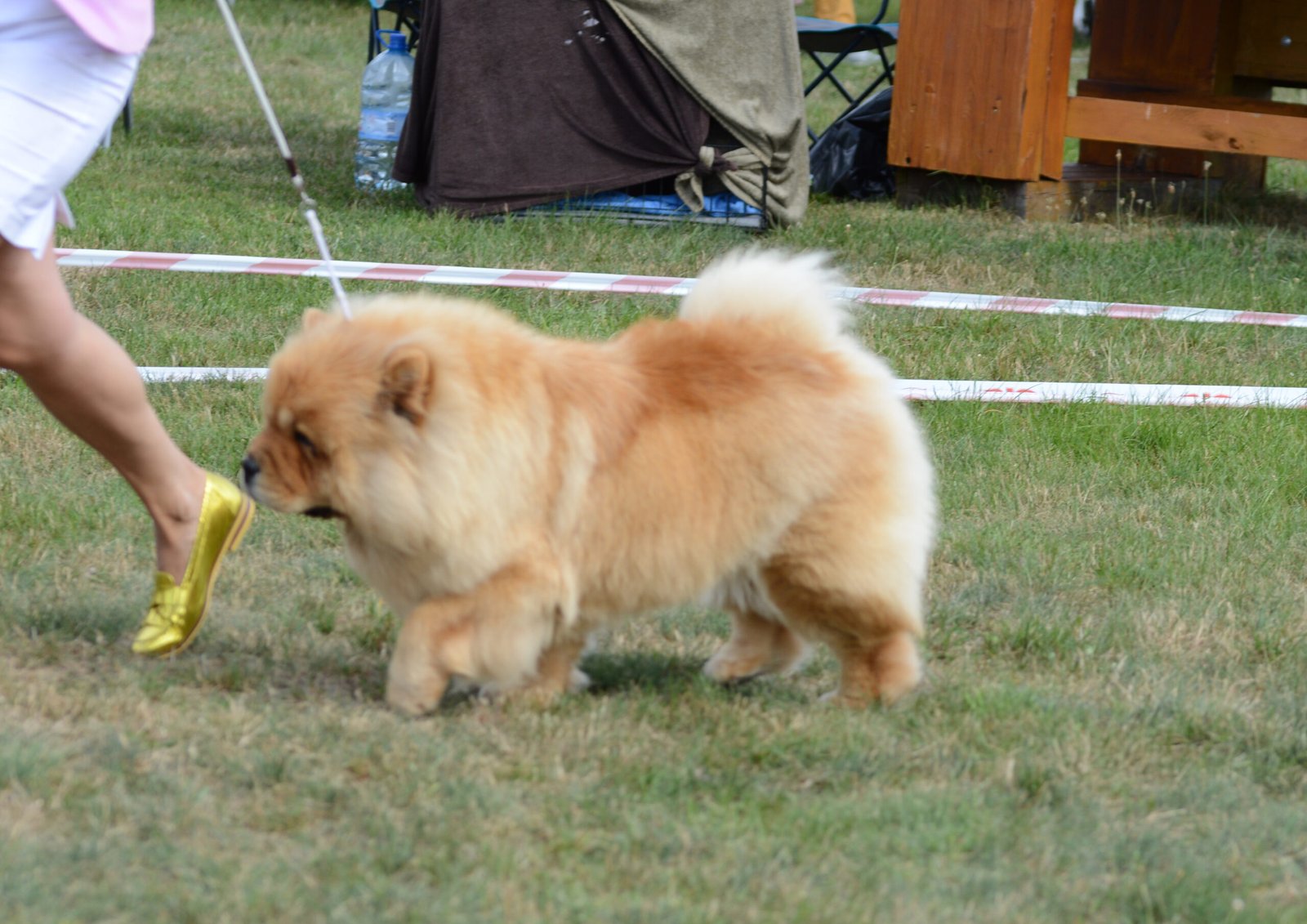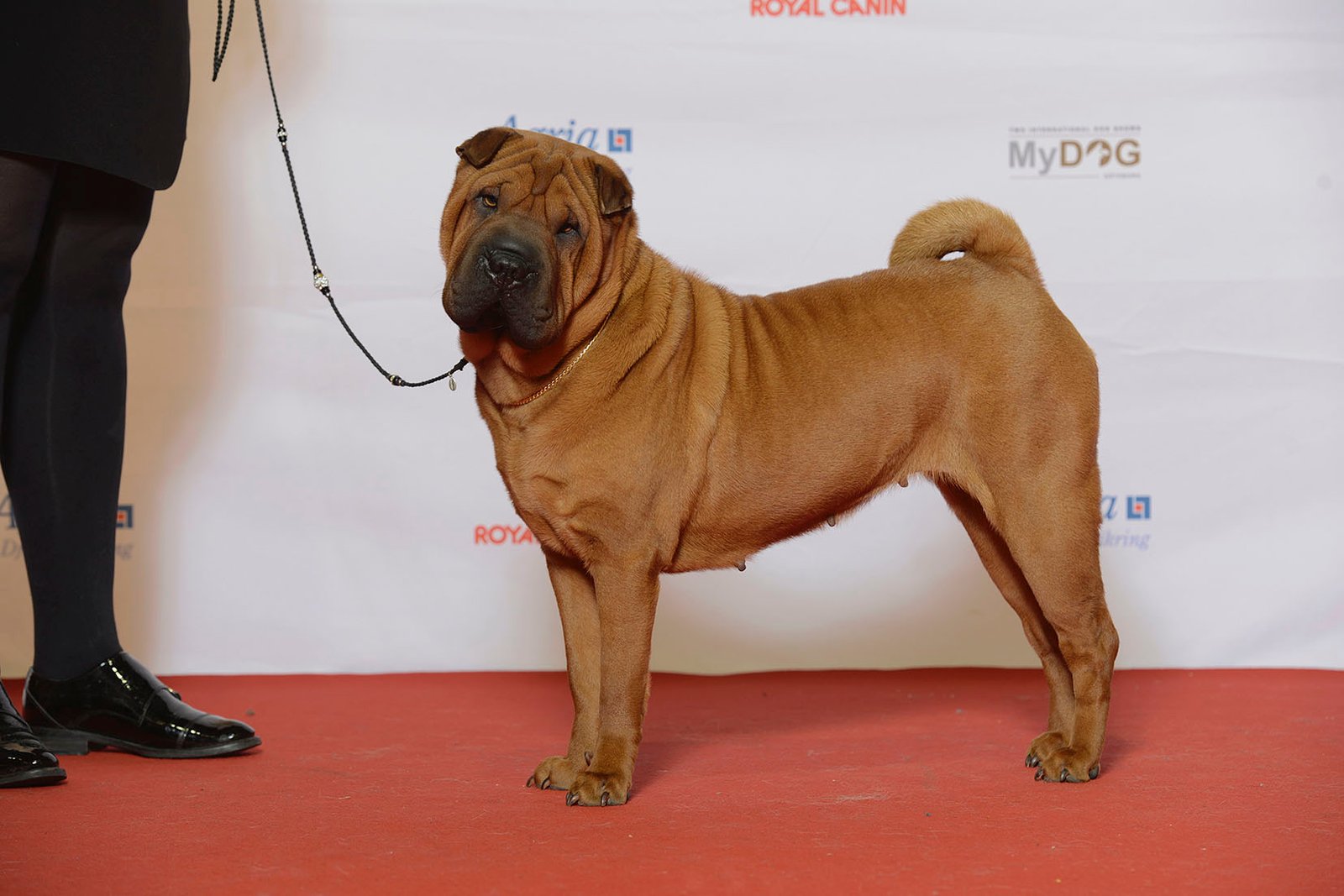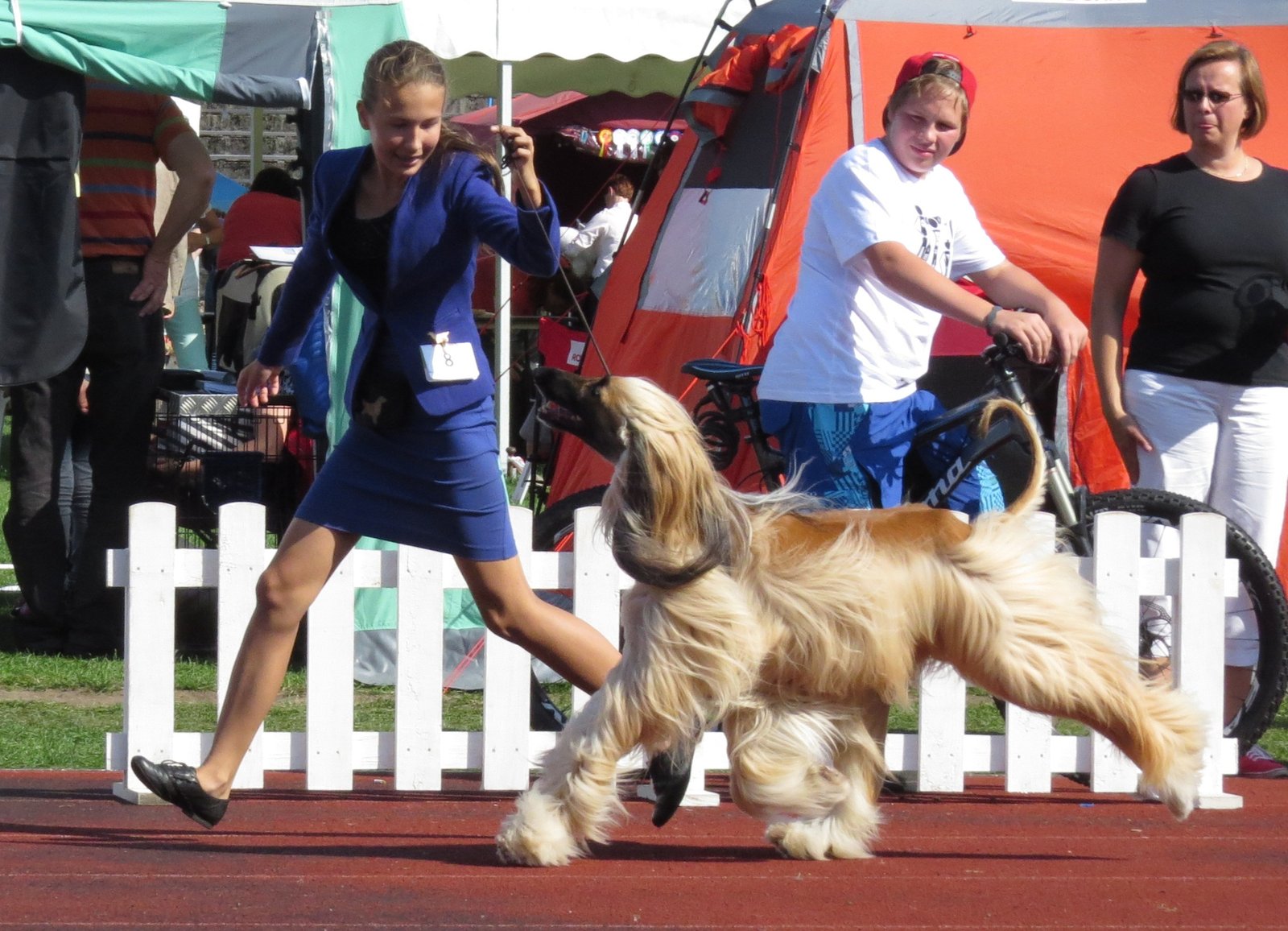Have you ever gazed into a dog’s big, soulful eyes and assumed pure sweetness? Think again. While many dogs are bundles of joy and loyalty, some breeds carry reputations that don’t always match reality. Beneath fluffy coats and wagging tails, certain breeds can be surprisingly aloof, stubborn, or even territorial. Let’s pull back the curtain on 12 dog breeds that aren’t as universally friendly as their adorable appearances suggest. Prepare for a few surprises—your favorite breed might just make the list!
Chow Chow: The Fluffy Enigma

It’s hard to resist the lion-like mane and teddy-bear face of a Chow Chow. But don’t let that plush appearance fool you. Chow Chows are famously independent and reserved, which can come across as standoffish or even cold. They form deep bonds with their people but tend to be suspicious of strangers and other animals. This breed often prefers to keep to itself, making it a challenging choice for families seeking a social, easygoing companion. Chow Chows require consistent training and socialization from an early age to warm up to outsiders. Without it, their aloofness can intensify, leading to guarding behaviors. Anyone thinking of welcoming a Chow Chow into their life should be ready for a dog that’s more dignified than playful.
Shar Pei: Wrinkles with a Guarding Instinct

Those fascinating wrinkles and a soft, velvety coat make the Shar Pei instantly lovable. But behind those folds hides a strong-willed and sometimes territorial dog. Shar Peis are known for their loyalty to family but often remain wary of newcomers. They have a long history as guard dogs in China, and that heritage still pulses through their veins. Socialization is critical—without it, a Shar Pei can become overprotective and even snappy around strangers or unfamiliar dogs. They’re not the type to jump into anyone’s lap. Patience, firm guidance, and compassion are essential to bring out the best in these complex canines.
Akita: The Noble, Reserved Guardian
The Akita’s imposing figure and noble stance are a clear sign of their serious nature. Originally bred to guard royalty in Japan, Akitas are instinctively protective and deeply loyal to their families. However, this loyalty doesn’t automatically extend to everyone. Akitas are often aloof and can be downright unfriendly with strangers or other pets. Their strong guarding instincts can lead to territorial behavior if not managed carefully. Early socialization and obedience training are non-negotiable with this breed. While they are fiercely loving to those they trust, Akitas are not the best choice for households looking for a social butterfly.
Afghan Hound: The Distant Aristocrat

With their flowing locks and regal bearing, Afghan Hounds look every bit the elegant companion. But their beauty comes with a side of aloofness. Afghan Hounds are known for their independent streak and sometimes appear indifferent to their humans. They aren’t typically eager to please, and their reserved demeanor can be mistaken for shyness—or even snobbery. While they’re gentle and affectionate with family, they often ignore strangers and can be difficult to train. These dogs thrive in homes that respect their space and provide plenty of patience. If you’re seeking a clingy, attention-seeking companion, the Afghan Hound might leave you feeling a little cold.
Basenji: The Cat-Like Canine
Dubbed the “barkless dog,” the Basenji is a breed full of surprises. These small, athletic hounds are curious and clever, but they’re also famously independent—almost cat-like in their behavior. Basenjis can be aloof, especially with people they don’t know. They don’t typically crave constant attention and may ignore commands if they’re not in the mood. Their stubbornness and intelligence mean they need an owner who’s just as clever and determined. While Basenjis can be affectionate with their chosen humans, they’re not the friendliest breed for strangers or inexperienced dog owners.
Alaskan Malamute: The Strong-Willed Sled Dog
Alaskan Malamutes are breathtakingly beautiful, with thick coats and piercing eyes. Yet, beneath that majestic appearance is a dog bred for hard work and independence. Malamutes are pack animals that require strong leadership. They can be stubborn, headstrong, and sometimes bossy with other pets. While they’re generally good-natured with family, Malamutes may not be eager to make friends with every visitor or animal they meet. Without proper training, their independent nature can sometimes turn into selective deafness or even dominance issues. This breed is best for dedicated owners who can match their energy and assertiveness.
Doberman Pinscher: The Alert Protector
The Doberman Pinscher’s sleek body and alert gaze make it clear: this is a dog that means business. Dobermans are deeply loyal and affectionate with their families, but their protective instincts can make them wary of outsiders. They were bred to be guard dogs, and that instinct hasn’t faded. With strangers, Dobermans may act reserved or even suspicious. Socialization is essential to prevent overprotectiveness or territorial behavior. While they have a reputation for being fierce, Dobermans are loving at home—but don’t expect them to instantly warm up to everyone they meet.
Shiba Inu: The Spirited Individualist
The Shiba Inu’s foxy face and curled tail are irresistible, but this breed is not always the friendliest dog in the park. Shibas are famously independent and often prefer doing things their own way. They’re known for being aloof with strangers and may even snub other dogs. While loyal to their families, Shibas require patience and understanding. Training can be a battle of wills, and their strong personalities aren’t for everyone. Despite their small size and adorable looks, Shiba Inus carry a big attitude, making them better suited for experienced dog owners.
Scottish Terrier: The Feisty Little Gentleman
Scottish Terriers, or “Scotties,” might look dignified and debonair, but they pack a lot of spirit into a small body. Scotties are known for their independent and sometimes stubborn nature. They can be reserved, especially around strangers, and may not tolerate rough handling from children. Their strong prey drive can also make them less friendly with other pets. While Scotties are deeply loyal to their families, they’re not always eager to make new friends. Consistent training and early socialization are key to helping them develop good manners.
Belgian Malinois: The Tireless Worker

If you’ve ever seen a Belgian Malinois at work, you know they’re focused and driven. These dogs excel in police and military roles, but that same intensity can make them less suitable as cuddly family pets. Malinois are highly intelligent and energetic, but they can be suspicious of newcomers and have strong guarding instincts. Without enough exercise and mental stimulation, they can become restless and even reactive. Their loyalty is second to none, but friendliness toward strangers isn’t their strong suit. This breed thrives in active homes with experienced handlers who understand their unique needs.
Jack Russell Terrier: The Bold Dynamo
Don’t let their small size and playful eyes fool you—Jack Russell Terriers are big personalities in tiny packages. These dogs are lively, intelligent, and sometimes downright fearless. Jack Russells can be territorial and may challenge other dogs, even those much larger than themselves. Their strong chase drive and independent streak can make them less predictable in social situations. With family, they’re affectionate and endlessly entertaining, but their boldness can get the better of them with strangers or other pets. Owners need to provide firm, consistent boundaries to keep their spirited Jack Russells in check.
Weimaraner: The Silver Stalker
With their sleek silver coats and haunting blue-gray eyes, Weimaraners are captivating. But beneath that beauty lies a dog with a strong will and sometimes unpredictable social tendencies. Weimaraners are deeply loyal to their families but can be aloof or even cautious around new people or animals. Their high energy and intelligence require significant daily activity and engagement, or they may become anxious or destructive. Weimaraners aren’t always the easiest companions for everyone, especially those expecting a laid-back, universally friendly dog. This breed does best with confident, active owners who can provide structure and plenty of stimulation.





